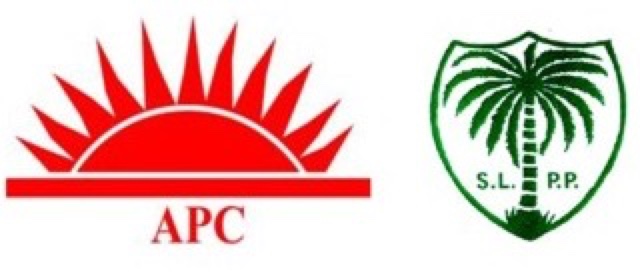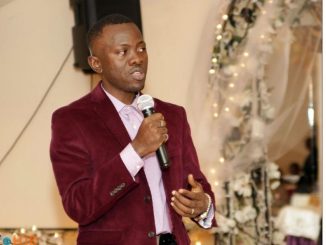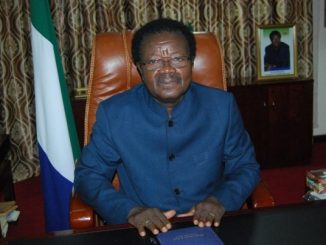
By Mahmoud Jalloh
This was how it happened, according to history:
In 1967, Sierra Leone went to the polls to elect a new Prime Minister. The two major candidates were the SLPP party leader and incumbent Prime Minister Sir Albert Margai, contesting against Siaka Stevens, the main opposition APC party leader.
It was a parliamentary system of politics, and so the concluded elections produced a hung parliament with each party winning 37 seats, meaning neither of the two parties can form a government without a majority.
That left the field open for the three independent elected Members of Parliament. They became the kingmakers, and the party that secures their support will form the next government. The question was, which of the two parties was best placed to win over those three super stars?
Naturally, SLPP should have been the one to win the hard-tussle contest, except that there was a major problem to contend with. Sir Albert Margai was a tough leader who maintained tight control over his party. Those three independent MPs were originally SLPP members and aspiring candidates, and for reasons best known to Prime Minister Sir Albert Margai, he ordered the party executive not to nominate and give them party symbols to contest the election. The three men viewed the action as an expulsion from the party and so decided to walk away and stand as independent candidates. All three contested and won.
The SLPP first approached the three men but failed in their desperate bid to win their support as they accused the SLPP leader of treachery. Then came the APC, which succeeded in winning their support after intense, hard-fought bargaining behind closed doors. With the APC having secured the necessary majority to form a government, Sir Henry Lightfoot-Boston the born Sierra Leonean Governor-General, invited Siaka Stevens, the APC leader of the opposition, to form the next government.
Even though Siaka Stevens’ leadership was briefly interrupted by the Brig. David Lansana coup, which had both the newly elected Prime Minister and the Governor-General put under house arrest until the coup was reversed by junior officers who ousted their superior, Brig. Lansana, Siaka Stevens and his APC Party went on to stay in power for a very long time. APC went on to declare both Republic and One Party State, effectively outlawing multiple party politics, starting with the SLPP.
Conclusion:
The exiled SLPP waited for 28 years until 1996 (1968–1996), when they returned to power under the leadership of the late President Ahmad Tejan-Kabbah courtesy of the NPRC 1992 military coup that changed history for a fresh chapter. This goes to show how costly political mistakes can be. The consequences can be dire with poor decision-making or actions left unchecked. Popular and liked by their people, those three independent candidates would have returned the SLPP to power had they not been expelled from the party. This is a lesson for the APC. Make amends, try to mend fences with your once Kono people political ally, stop the party infighting and reorganise yourself to stand a better chance tomorrow. Trust me, it is better to pay a humble big price for power than to languish in opposition forever. Is either you change the world or the world change you. You might not like the latter, trust me.



